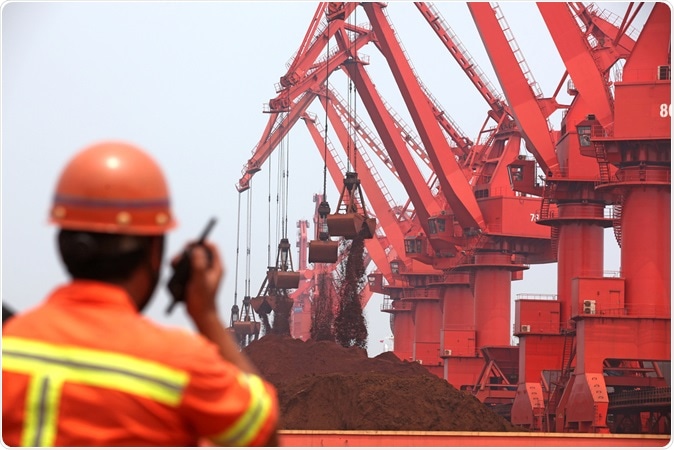A recent survey on the mental health conditions of the flying in workers has shown that nearly a quarter have high to very high levels of psychological distress. The levels were found to be two and half times greater among FIFO workers when compared to the other working populations in Australia aged between 25 and 34 years.

Image Credit: tcly / Shutterstock
The report finds that those on a two week on, one week off schedule were most at risk of distress. The study results appeared in the latest issue of the Medical Journal of Australia.
The new survey was conducted by the Rural & Remote Mental Health in conjunction with Edith Cowan University and Orygen, The National Centre of Excellence in Youth Mental Health. For the study, the team looked at over 1,120 workers from 10 remote mining and construction sites in South Australia and Western Australia. These workers worked on-site in the open-cut mines, construction sites and underground mines. The team of researchers noted that these individuals were highly stress and psychologically distressed and this caused them to miss out special family events such as birthdays and other occasions. They suffer from social isolation and their stress is related to their daily shifting rosters and work tasks.
According to Rural & Remote Mental Health CEO, Dr Jennifer Bowers, there is a huge stigma among the workers regarding poor mental health. The people who associated mental health problems with this stigma were the ones who were at most risk of psychological distress she said. She said that these men are trapped in their work places where their “macho” images and cultures around them stigmatize their mental health issues making them silent sufferers. They often resort to alcohol as a coping mechanism she added.
The main contributing factors to stress she said were their expectations, financial worries and relationship issues. She said that early interventions to correct these problems are vital and the response needs to be industry wide. She added that it is heartening to see that several major mining contractors and companies are actually working towards improving the comprehensive mental health of their workers and providing support to prevent mental ailments and suicides. She said that a “culture change” is required among the mining companies and employers to improve mental health awareness and education. Support from peer groups and identification of champions who would detect and tackle problems early could also help prevent mishaps and also work towards removing the stigma she said.
The Rural and Remote Mental Health has been working towards mental health improvement of these workers for over a decade now and has raised awareness and handles mental health issues among the isolated rural working and mining populations, Indigenous communities and agriculture-related populations of Australia.
Source: https://www.mja.com.au/journal/2018/208/9/psychological-distress-remote-mining-and-construction-workers-australia